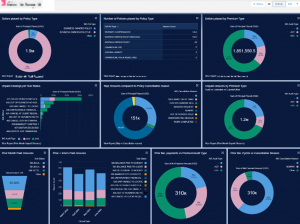One of the biggest factors in determining whether or not an account should be submitted for collection is the age of the account.
How much is owed or where the account is located should have little to no bearing on your decision to place the account for collection.
Rarely, a certain geographical area can have an impact on the collectibility of a delinquent account. Businesses that support a certain industry can be impacted if an industry is in a slow cycle.
For example, if the steel industry is slow, there could be higher slow pay statistics in Pittsburgh, Pennsylvania. Otherwise, there is no significant difference.
Usually, when a company orders goods and services, or product from another company, there is intent to pay.
If a problem arises, most of the time, they are addressed and payment is made.
If a company runs into a serious cash flow problem or for whatever reason cannot pay it doesn’t matter whether the balance is large or small. Typically, at times like this, the only bills that get paid are utility bills and payroll.
We firmly believe that with good internal procedures and consistent follow-up, you should be in a position to make a good credit decision before an account becomes 90 days past due.
Remember, after 90 days past due, you lose 10% per month in collectibility.
How much is in your 90-day column? You simply must take action.
[ Related: Collectively Speaking: Timing is Everything ]
Suggestions? Take this short survey.





